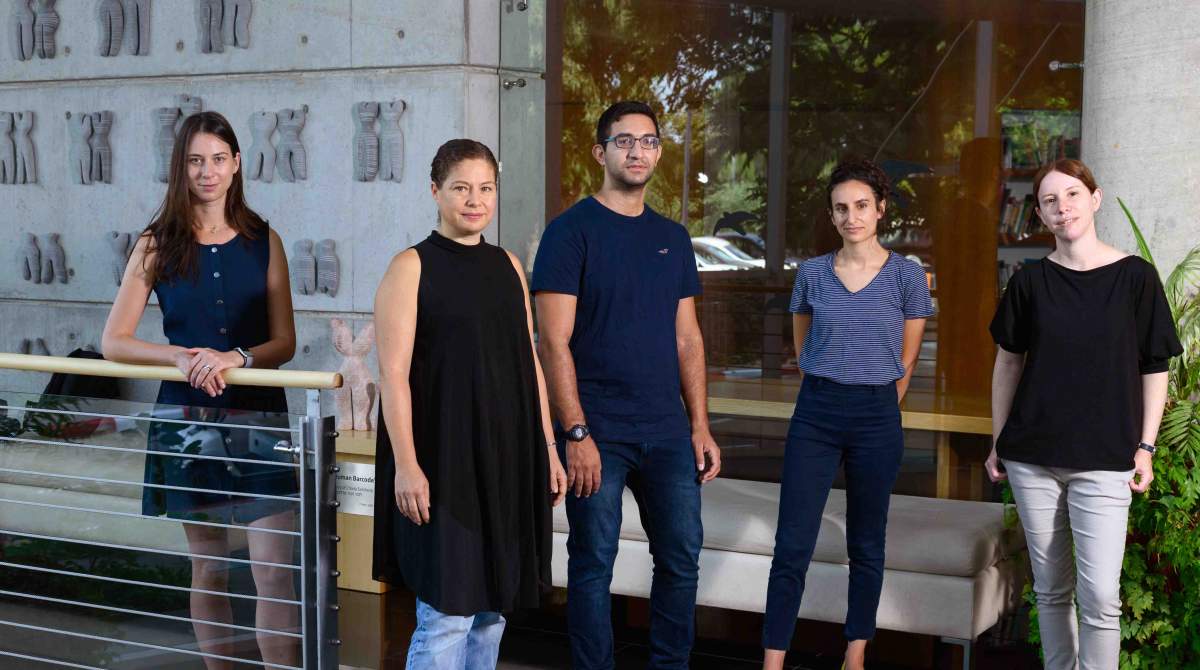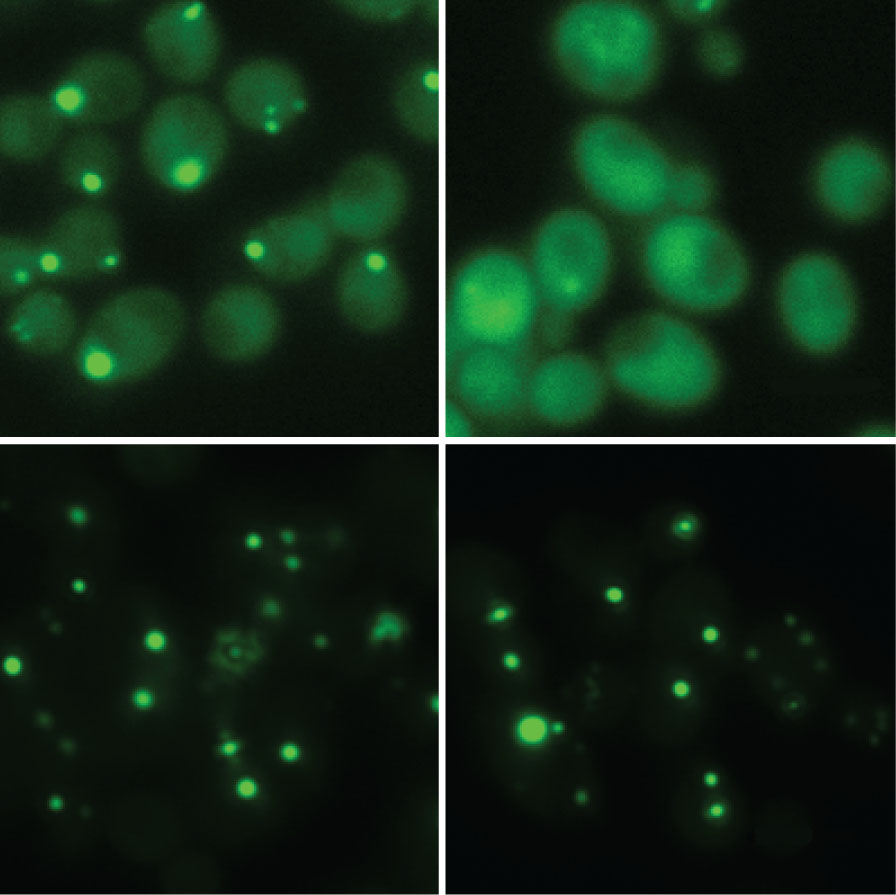Are you a journalist? Please sign up here for our press releases
Subscribe to our monthly newsletter:
Who hasn’t had the experience of waiting in a long line at the airport, only to be passed over by first-class passengers whisked to the boarding gate ahead of the general crowd? Inside living cells, too, VIPs – “very important proteins” – can sometimes be whisked ahead of all others to their destination. Researchers at the Weizmann Institute of Science have discovered the existence of such a priority route for the transport of proteins to small cellular compartments, or organelles, called peroxisomes, which require a steady protein supply to perform their best-characterized function: breaking down fats.

While the study focused on peroxisomes, all cellular organelles probably use priority targeting. In fact, around half the proteins in the cell must be transported to special organelles to perform their function. More specifically to peroxisomes, the study’s findings may advance the understanding of the rare but often devastating disorders involving these organelles. Peroxisomal disorders were thrust into the limelight by the movie Lorenzo’s Oil, which is based on the true story of parents seeking a cure for their son. Despite the movie’s upbeat ending, an effective treatment remains elusive.
A team headed by Dr. Einat Zalckvar, Prof. Maya Schuldiner and Prof. Naama Barkai of Weizmann’s Molecular Genetics Department thought that if proteins compete for the same route into the organelle, some sort of prioritizing might occur. In experiments with yeast, graduate students Mira Rosenthal and Eyal Metzl-Raz, together with colleagues, focused on a shuttle protein called Pex5, known to transport proteins into peroxisomes. Using a molecular setup developed by Prof. Naama Barkai, the scientists created a long “waiting line” for the proteins: multiple copies of a passenger protein competing over the shuttle.
When forced to compete, they were pushed back in line, never making it into peroxisomes
The majority of the peroxisome-destined proteins were adversely affected by the competition: When forced to compete with numerous copies of another passenger, they were pushed back in line, never making it into peroxisomes. Several proteins, however, proved immune to the competition, getting the VIP treatment. They always reached peroxisomes efficiently, regardless of the level of competition: Evidently, they had a priority ticket for the Pex5 shuttle.
To learn more about this priority arrangement, the scientists nourished the yeast with olive oil, which has to be broken down in peroxisomes. The number of these organelles almost instantly doubled from around three to around eight, to cope with the challenge of digesting the fatty meal. In this set of experiments, the scientists identified three additional proteins that received a priority ride to peroxisomes when the cells were grown in the presence of olive oil as their only nourishment. Unsurprisingly, these were the ones that supplied the peroxisomes with the molecular machinery needed to break down the olive oil: They were prioritized because they were urgently needed. And this in turn means that priority status is a dynamic property that can be altered depending on changes in the environment or in the cell’s needs.

As for the priority ticket itself, the scientists found that this is a VIP tag of sorts: They identified the special molecular tag that facilitates the binding to the Pex5 shuttle.
Since in some peroxisomal diseases the underlying defect lies in the failure of certain proteins to reach peroxisomes, causing these proteins to accumulate abnormally in the cell, the study’s findings may help clarify the genetic cause of these diseases with greater precision, and in the future they may facilitate the search for a treatment. The findings may also prove useful in biotechnology, helping to deliver proteins to peroxisomes in a priority manner in order to turn these organelles into tiny factories for the production of drugs and other useful substances.
Study participants included Eden Yifrach and Amir Fadel of Weizmann’s Molecular Genetics Department; Dr. Yoav Peleg of Weizmann’s Life Sciences Core Facilities Department; Dr. Jérôme Bürgi and Prof. Matthias Wilmanns of the University Medical Center Hamburg-Eppendorf; and Layla Drwesh and Prof. Doron Rapaport of the University of Tübingen.